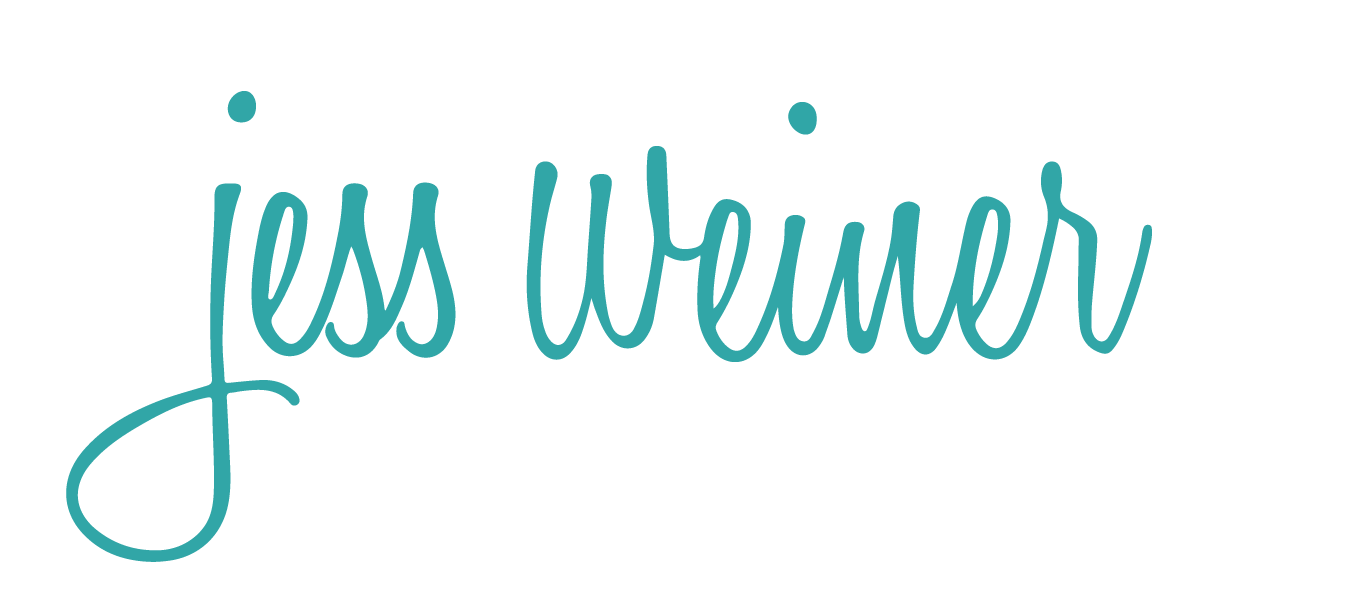We want to live in a world where children feel limitless — one where they feel that regardless of their race, gender, education, socioeconomic status, or religion they can truly become whatever they want and reach whatever goals they set.
Yet, from television ads to Halloween costumes and toy packaging, gender stereotypes and expectations continue to limit children.
In order to create change in a product, in a mindset, or within system – we have to challenge ourselves, to learn the facts, and to work within our own worlds to integrate knowledge into action. To take on something as big as gender stereotyping – it takes a convergence of many stakeholders to create this change.
So after a year in the making — I’m proud to announce that through my role as an affiliated faculty member of the USC Media Diversity & Social Change Initiative – we will be partnering with The White House Council on Women and Girls and The U.S. Department of Education to host a summit to challenge gender stereotypes in children’s media and toys.
The entire day is designed to be collaborative: we’ve curated panelists, participants and presenters from a plethora of backgrounds: representatives from toy, media, and retail companies; leaders of youth-serving organizations; researchers and scholars; educators and advocates.
The goal is to level set the room with research and insights into how gender stereotypes can impact our children’s future. I have always said – if we want to change culture we have to work with the people creating the message. So here we go. This is our moment.
And while this delicate eco system of partners will have varying motivations and goals for coming together at the end of the day – the convening is what we can count on to begin the conversations and calls to action that will bring solutions to fruition.
We can’t change culture without the media companies changing content.
We can’t change culture without parents challenging their own implicit bias.
We can’t change culture without academics studying the impact of stereotypes on human development. We can’t change culture without mentors and teachers and non profit leaders choosing to change the messaging they send to the youth they serve.
It takes all of us.
We’ve got to start somewhere. And the White House is a pretty great place to start.
After all, the change we seek starts with a change from within.

